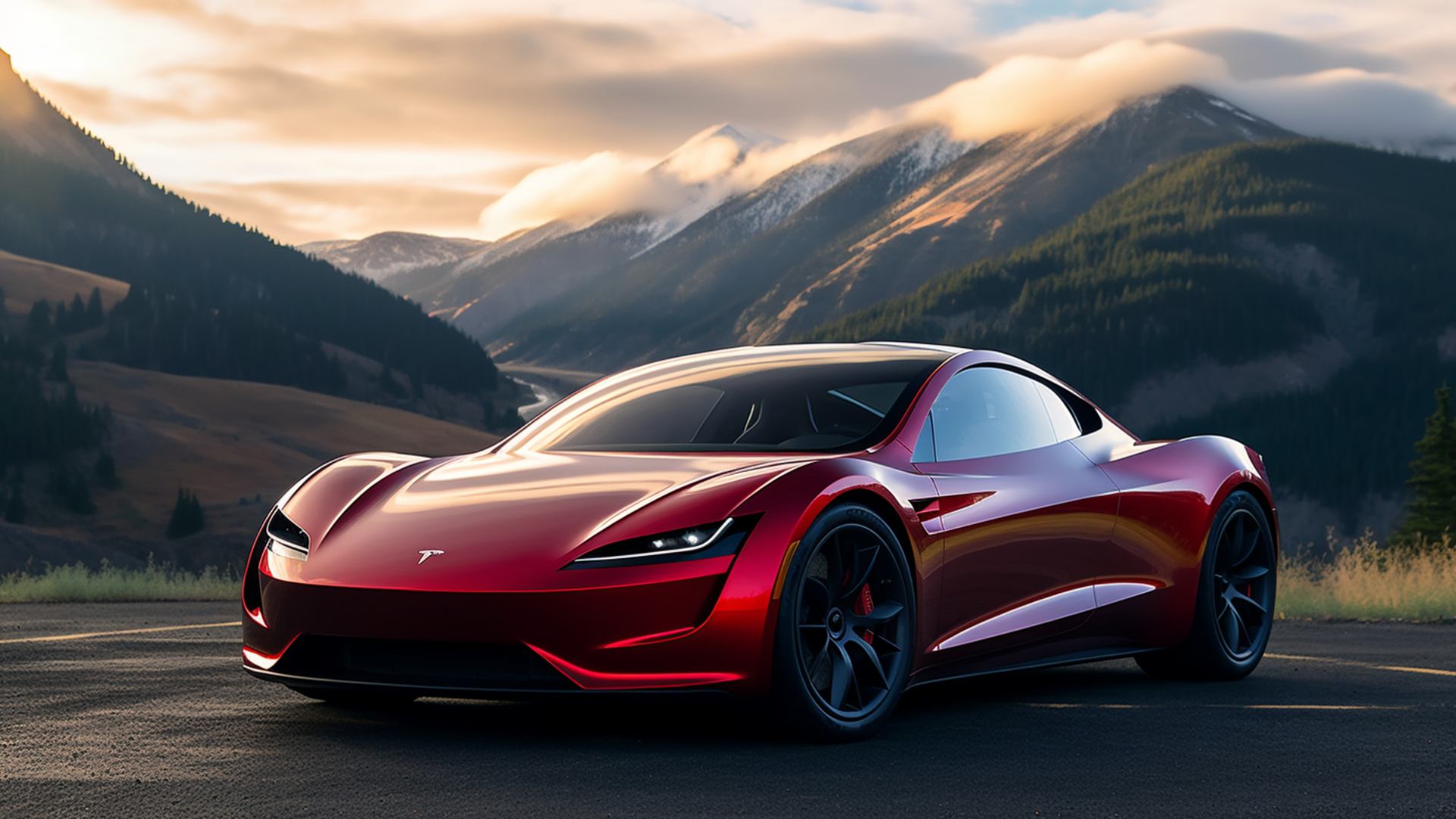CPI Love: Celebrating Passion and Progress
Explore the vibrant world of CPI and discover insights, stories, and news that ignite your passion.
Green Machines: Are We Ready to Embrace Electric Cars?
Discover the future of driving! Are electric cars the answer to our eco woes? Dive into the debate and see if we’re ready to go green!
The Future of Electric Cars: Are We Prepared for the Shift?
The future of electric cars is rapidly approaching, and the question remains: are we prepared for the shift? As governments around the world set ambitious goals to reduce carbon emissions, the demand for electric vehicles (EVs) is skyrocketing. According to a report by the International Energy Agency, the global electric vehicle stock exceeded 10 million in 2020, a remarkable increase of 43% from the previous year. This upward trajectory indicates that electric cars are not just a trend but a major shift in the automotive industry. However, significant challenges lie ahead, including the need for improved charging infrastructure and advancements in battery technology.
Consumer readiness is another critical aspect of this transition. Many potential buyers are still hesitant about embracing electric cars due to concerns about range anxiety and charging facilities. A survey conducted by Edmunds revealed that nearly 30% of respondents were worried about the availability of charging stations. Ensuring that cities, suburbs, and rural areas are equipped with comprehensive charging networks will be essential to alleviate these fears and accelerate the adoption of EVs. Additionally, as battery technology continues to improve, with research focusing on increasing charge capacity and reducing costs, we may soon find that electric vehicles become the dominant choice for consumers.

Top 5 Myths About Electric Cars Debunked
Myth 1: Electric cars are slow and have poor performance.
Many people believe that electric cars lack the performance capabilities of traditional vehicles, but this is far from the truth. In fact, most electric vehicles (EVs) can accelerate faster than their gasoline counterparts due to the instant torque provided by electric motors. For example, the Tesla Model 3 can go from 0 to 60 mph in just 3.1 seconds, showcasing the impressive speed and agility that electric cars can offer.
Myth 2: Charging electric cars is a hassle.
Another common misconception is that charging an electric car is inconvenient and time-consuming. In reality, charging can be done from the comfort of your home overnight, and with the growing network of public charging stations, it has become increasingly easy to charge your vehicle while running errands or during a road trip. Fast-charging options can even provide about 80% charge in just 30 minutes at many locations, making it a practical alternative for many drivers.
How Electric Cars Can Save You Money: A Comprehensive Guide
Investing in electric cars can significantly reduce your overall transportation costs. One of the primary ways they save you money is through lower fuel expenses. According to the U.S. Department of Energy, electricity is often much cheaper than gasoline, allowing drivers to spend considerably less per mile. Additionally, electric vehicles (EVs) typically come with fewer moving parts compared to traditional combustion engines, leading to lower maintenance costs. Regular oil changes, emissions checks, and costly engine repairs become obsolete, leaving you more money in your pocket for other expenses.
Another financial benefit of owning an electric vehicle is the various incentives and rebates available to promote clean energy. Many states offer tax credits and rebates for EV buyers, significantly offsetting the initial purchase price. For instance, the federal tax credit can range up to $7,500 based on the vehicle's battery capacity, as noted by the IRS. Furthermore, EV owners often enjoy perks such as reduced registration fees, exemptions from tolls, and access to carpool lanes, enhancing the overall savings associated with owning an electric car.